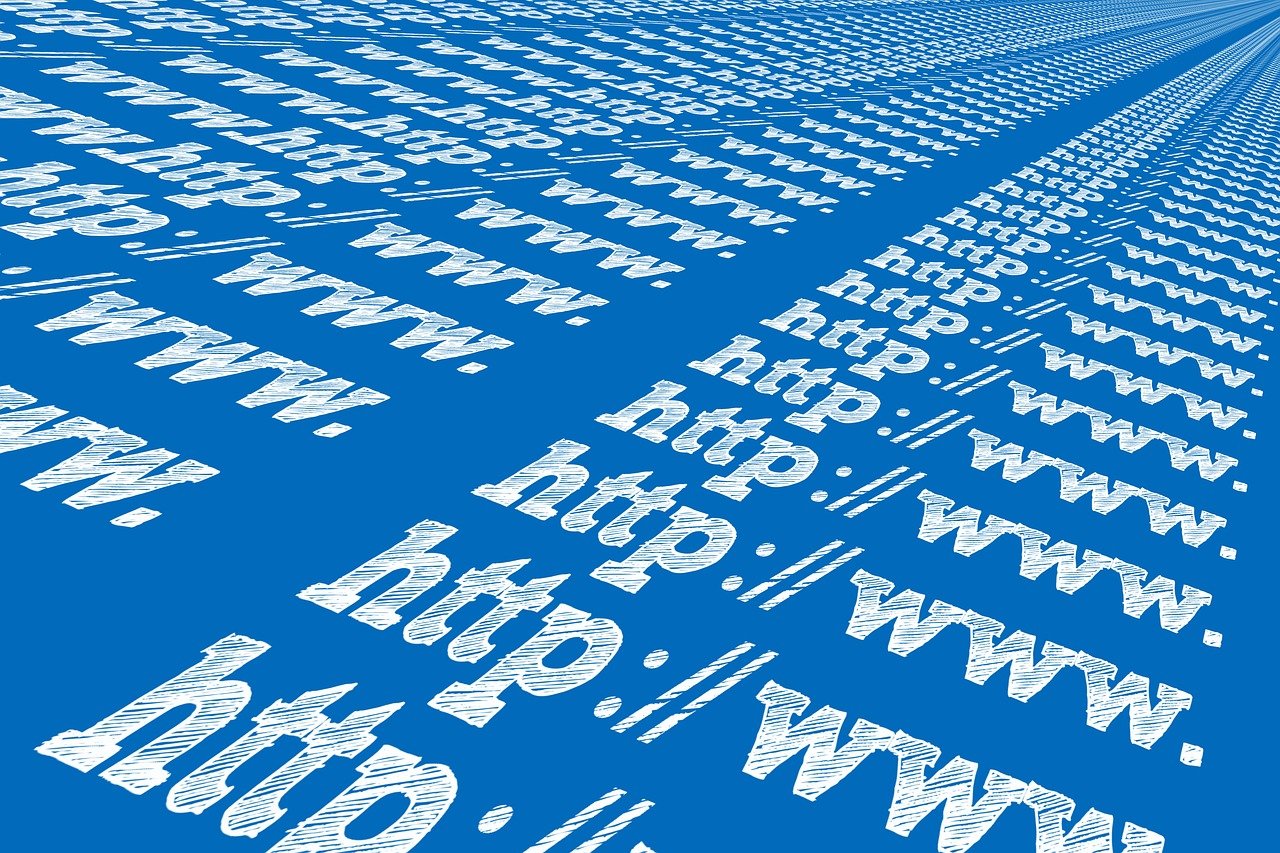Introduction to Technology Translation
Technology translation plays a crucial role in ensuring accurate and effective communication in the everevolving tech industry. It involves the translation of technical documents, software interfaces, user manuals, and other materials related to technology and innovation. This specialized form of translation requires a deep understanding of both the source and target languages, as well as a high level of familiarity with the technical concepts being conveyed. Let's explore the key aspects and challenges of technology translation, as well as the best practices to ensure the highest quality results.

One of the fundamental challenges of technology translation lies in the complexity of the subject matter. Technological documents often contain highly specialized terminology, intricate technical details, and industryspecific jargon. As a result, technology translators must possess a strong background in the relevant field, whether it be software development, engineering, hardware design, or any other technical domain. A solid grasp of these concepts is essential for accurately conveying the intended meaning across different languages.
Moreover, the rapid pace of technological advancement means that new terms and concepts are constantly being introduced. This dynamic landscape requires technology translators to stay updated with the latest industry trends and terminologies. Adapting to these changes and incorporating them into the translation process is vital for ensuring the relevance and accuracy of the translated material.
In addition to linguistic and technical expertise, technology translators must also be proficient in the use of translation tools and software. These tools not only facilitate the translation process but also ensure consistency and efficiency, particularly for largescale projects or those involving frequent updates and revisions.
In the realm of software localization, which involves adapting software and digital content for different languages and regions, technology translation takes on an even more critical role. Effective localization goes beyond mere translation, encompassing cultural nuances, user interface design, and overall user experience. As such, technology translators often work closely with software developers, UI/UX designers, and product managers to deliver a fully localized product that resonates with the target audience.
It's worth noting that technology translation, like any form of translation, requires a deep understanding of the cultural context in which the translated material will be used. This includes considering cultural sensitivities, idiomatic expressions, and regional variations that may impact the effectiveness of the translated content.
In conclusion, technology translation is a specialized and dynamic field that demands a unique blend of technical knowledge, linguistic proficiency, and cultural insight. As technology continues to drive global innovation and connectivity, the role of technology translators in bridging language barriers and facilitating crosscultural communication will only grow in importance. By embracing the complexities of the tech industry and staying ahead of its rapid evolution, technology translators can ensure that cuttingedge ideas and innovations are effectively shared and understood across the globe.












评论